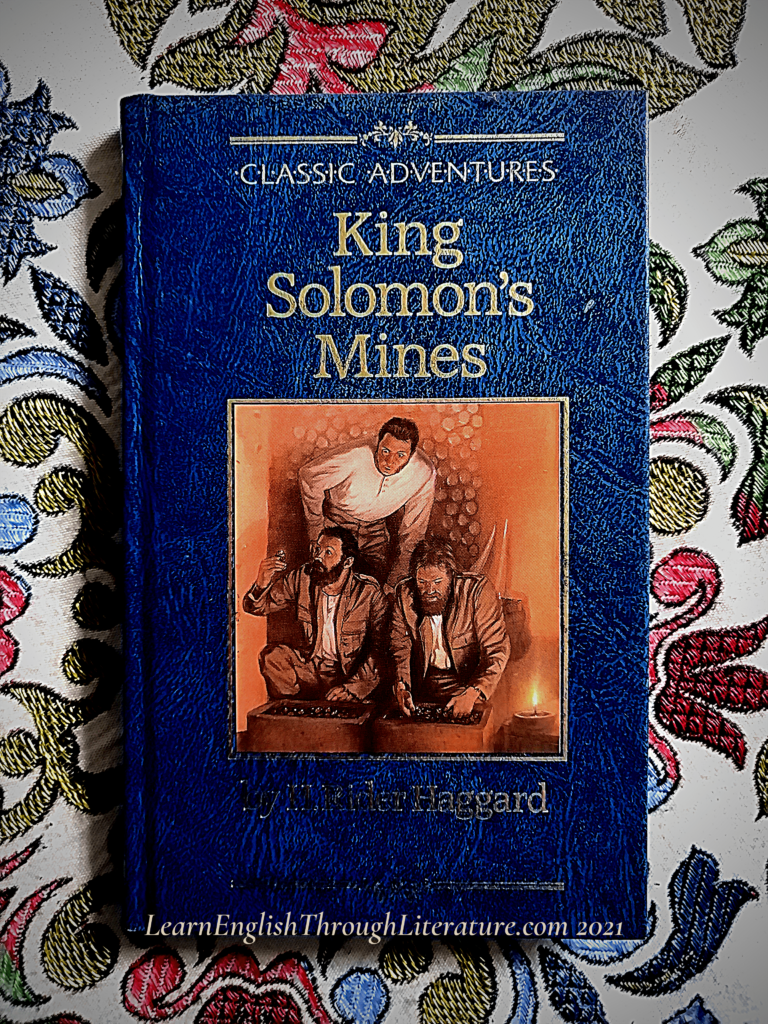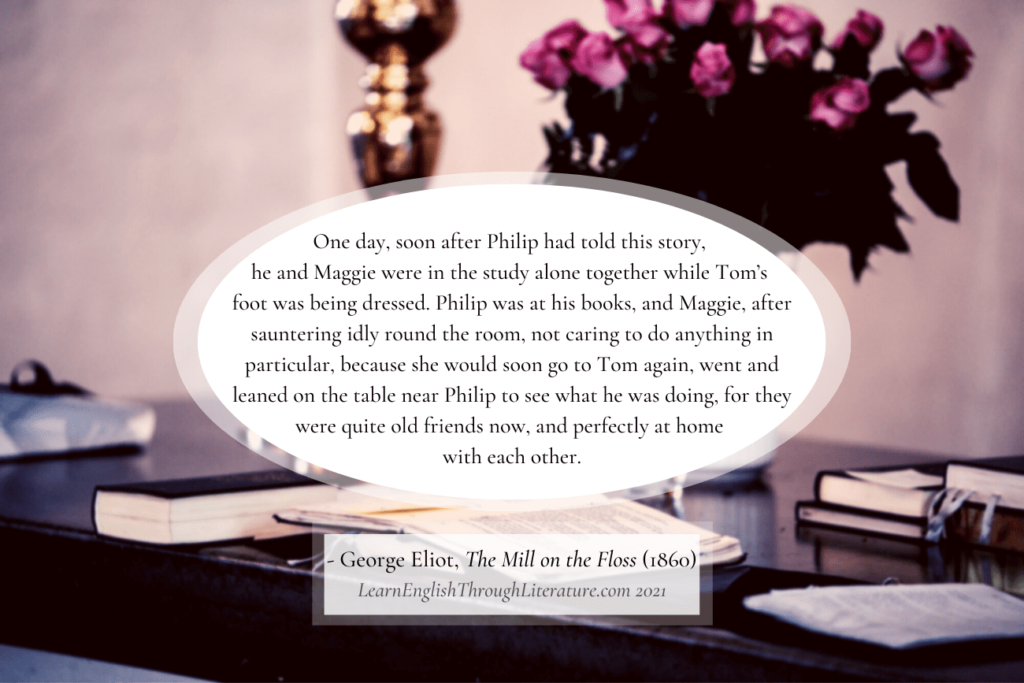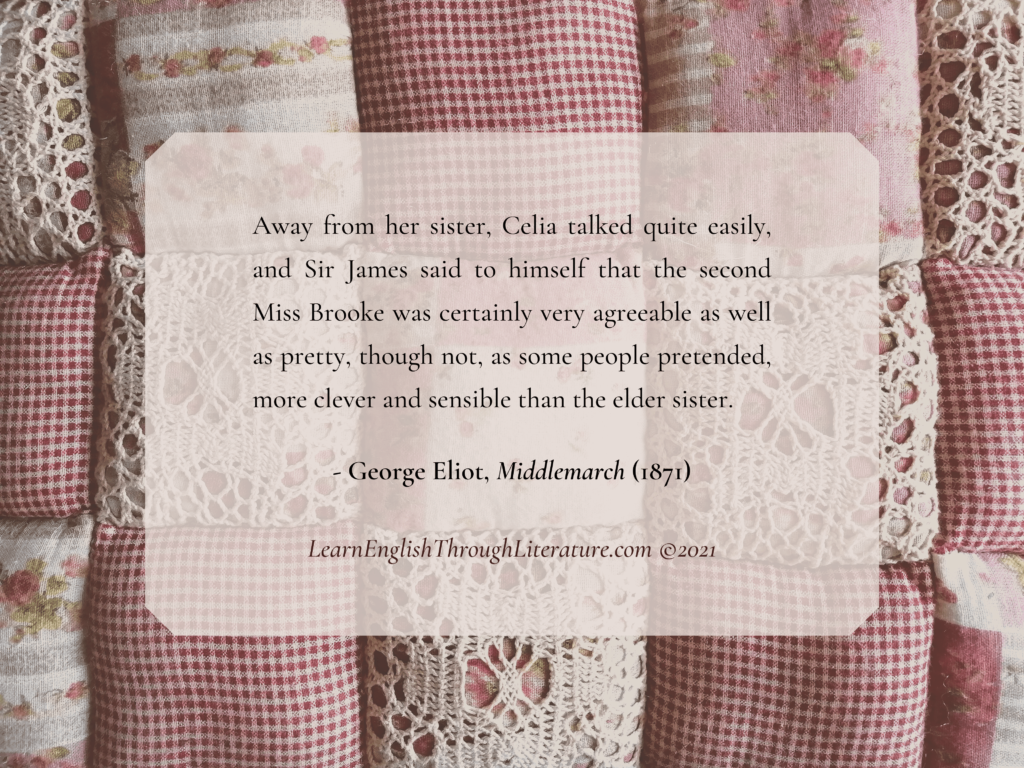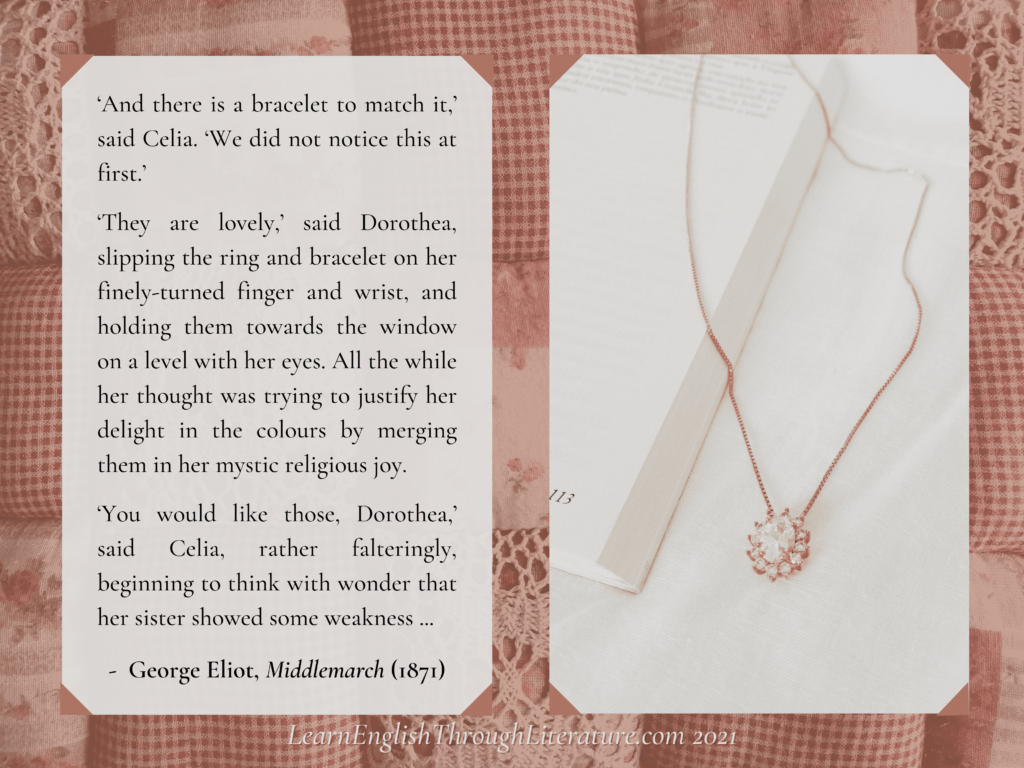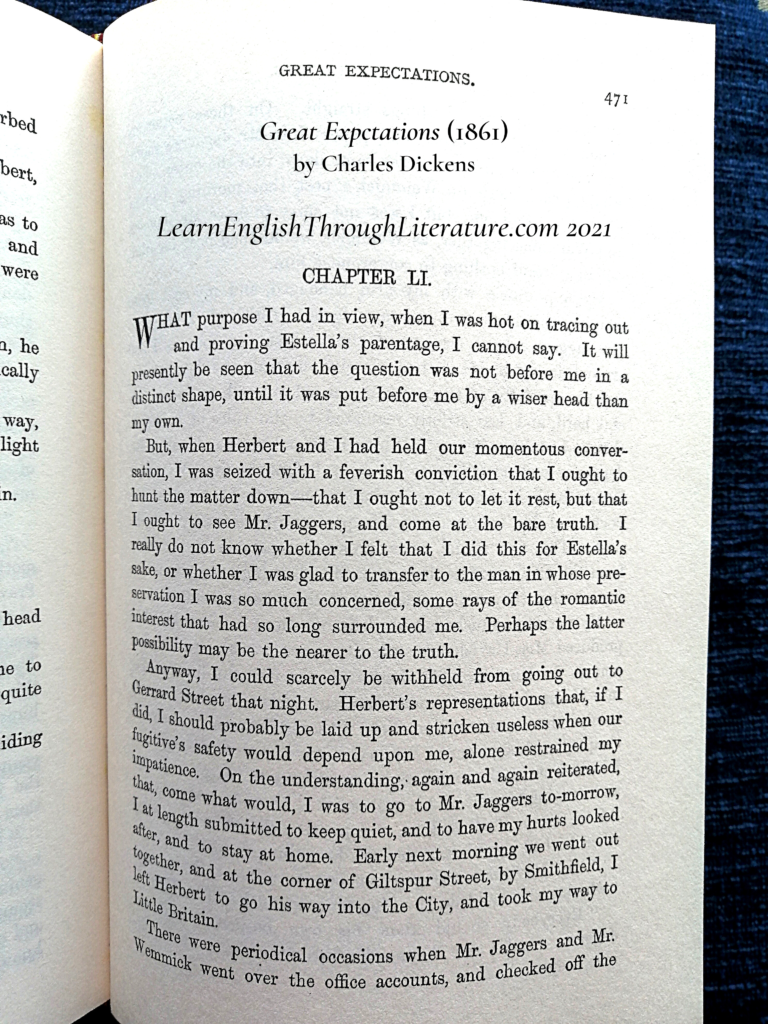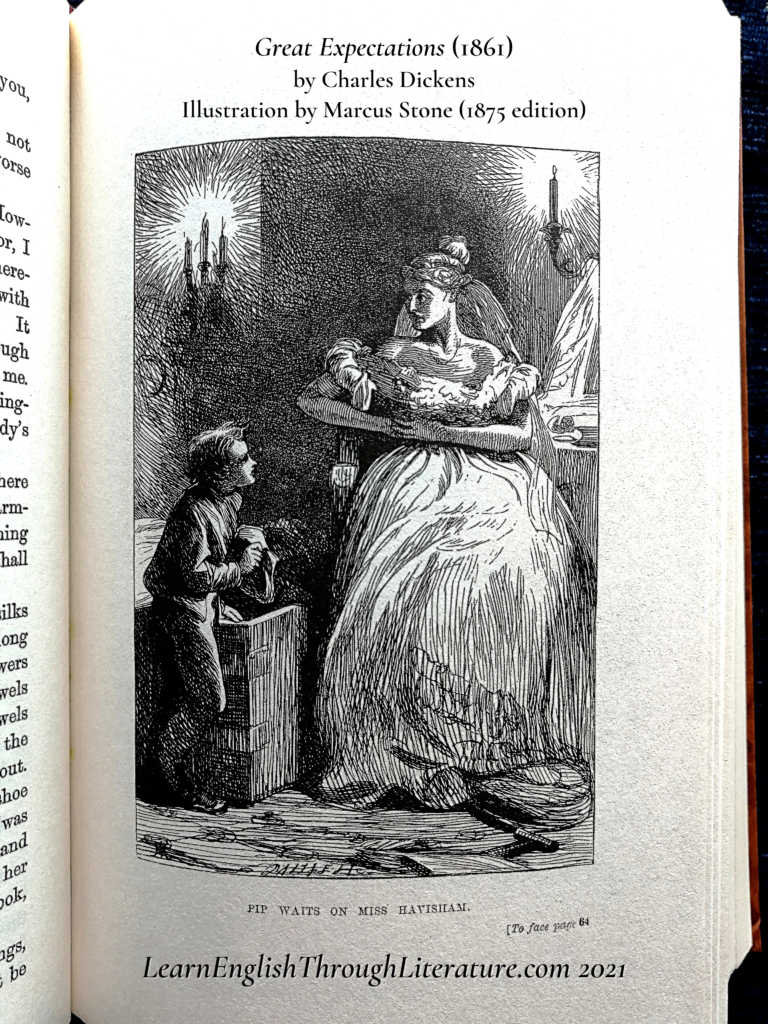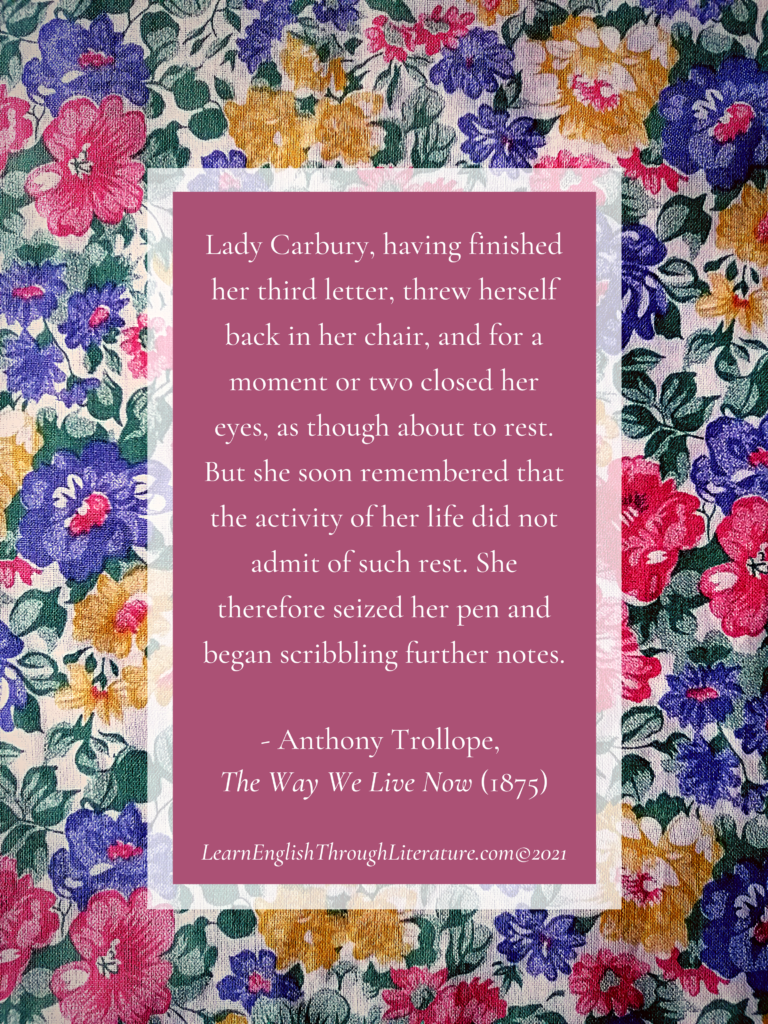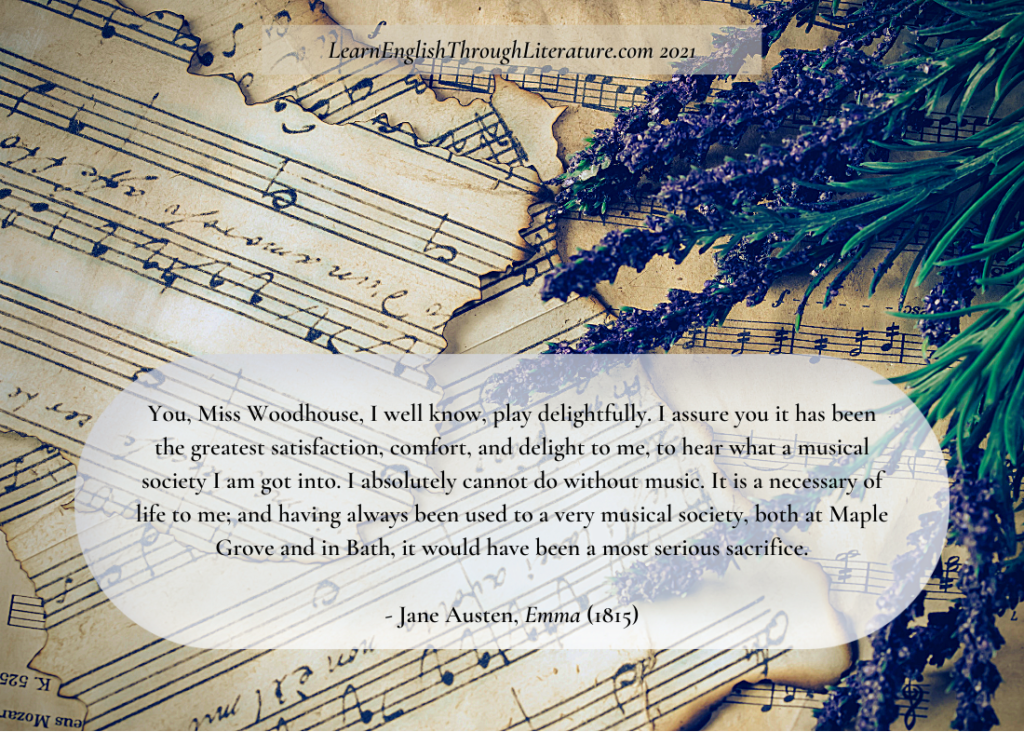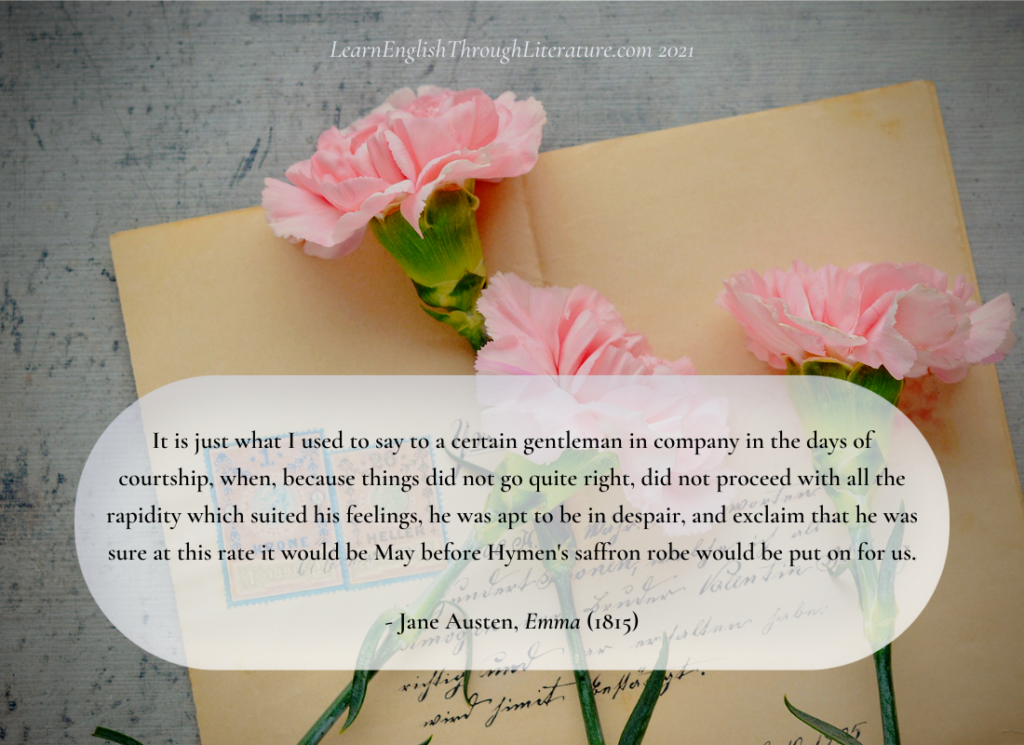Lesson #241: ‘Each other’ vs ‘one another’ through George Eliot’s ‘Daniel Deronda’
📗 Our novel today is George Eliot’s Daniel Deronda (1876), which tells the story of two characters on a quest to find out their meaning in life and their place in the community they live in. While each of them has personal questions and struggles to face, sometimes they are able to share those experiences […]
Lesson #241: ‘Each other’ vs ‘one another’ through George Eliot’s ‘Daniel Deronda’ Read More »


